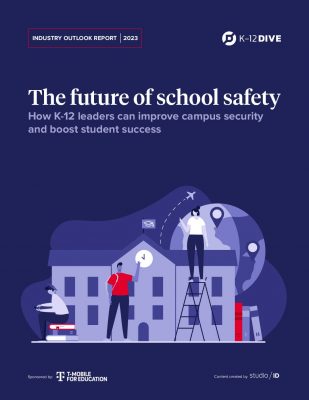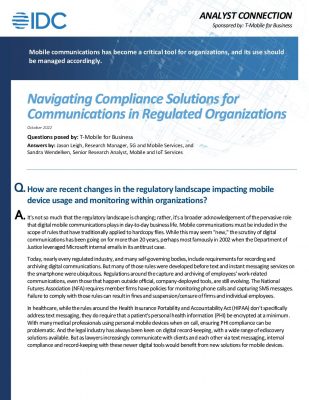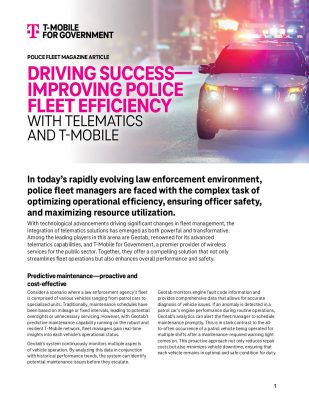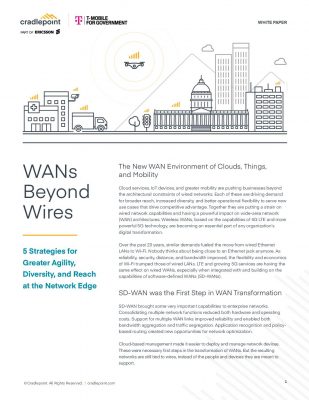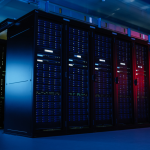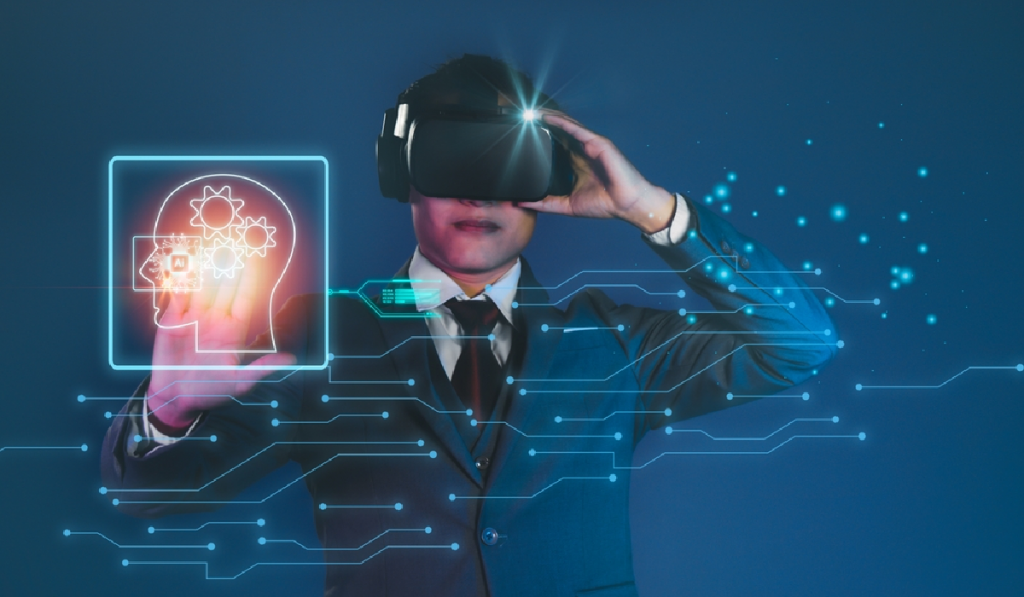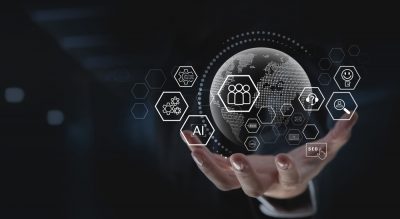Highlights:
- Deep Learning (DL) is a combination of a recurrent neural network, long short-term memory, and convolutional neural network architecture, evolving as a powerful tool to understand complex patterns from huge, complicated data.
- Insufficient data was a poor experience that used to limit customer experience. The latest metaverse helps to create behavioral data for companies and works as a baseline for various domains without any difficulty.
One word that dominates almost every Tech-related discussion today – Metaverse! What is it? Metaverse is not just a buzzword, it’s more of an opportunity for businesses, researchers, students, industry leaders, and technology enthusiasts to enter an advanced world of digital reality.
Research shows that a metaverse will be a place where everyone will benefit in one or another way, but it is still relatively abstract. It combines aspects of online gaming, social media, augmented reality (AR), Virtual reality (VR), and cryptocurrencies to let users interact virtually.
According to a Forbes study, 61% of the surveyed marketing professionals want to market their brands in the metaverse. And 44% of marketers planned to run an advertising campaign in the metaverse in the past year 2022.
Metaverse and Deep Learning
To make metaverse real-time and blend it into human life, deep learning helps. Many metaverse experiences are based on deep learning, and they continue to progress with the use of deep learning. For instance, in understanding emotion and body language better. Similarly, others are as follows:
- Gesture Recognition
- Eye Tracking
- Text Mining
- Speed Processing
Deep Learning is majorly inspired by the structure of the human brain. The algorithm that it uses results similar conclusions as humans by analyzing data with a specified logical structure. Deep Learning neural networks mimic the decision-making procedure of the human brain by performing calculations to reach a result.
An Optimal View of Deep Learning
The role of AI, including Machine Learning algorithms and Deep Learning architectures in the foundation and evolution of the metaverse, is significant. The evolution basically happened in the below categories.
- Technical Features that are necessary to build a virtual world in the metaverse.
- Natural language processing
- Blockchain
- Digital twins
- Neural interface
- Machine vision
- Networking
- AI-aided applications
- Manufacturing
- Healthcare
- Gaming
- Smart cities
Deep Learning technology is becoming potential to improve the user experience in the metaverse:
- Deep Learning (recurrent neural network long short-term memory convolutional neural network architecture) is evolved as a powerful tool to understand complicated patterns from large complex data.
- DL is now being manipulated in various domains such as human-computer communications, wireless communications, gaming, and finance.
- Sensor-based wearable devices and other gadgets which allow human-computer interaction, complex actions, and simple human movements are due to Deep Learning.
- In the metaverse, users can fully control their avatars easily, as users’ movements of the real world are projected into the virtual world with the help of ML and DL models.
- Physical interactions, facial expressions, body movements, emotions, sentiment analysis, speech recognition, and some other modalities which are prevalent in the real world are adopted in the virtual world with greater speed and accuracy.
What to Expect from the Future of the Metaverse?
Insufficient data was a poor experience that used to limit the user experience in the traditional metaverse. Now, the recent metaverse helps to create behavioral data for enterprises and works as a foundation for various domains without any issues. It satisfies the below characteristics:
- Virtual world
- Scalability
- Financial allowance
- Decentralization
- Always-on with synchronicity
- Persistency
- Security
- Interoperability
Will the metaverse become successful? The answer to this question is discussed in the below Metaverse predictions.
Metaverse Will Expand Thoroughly
- As per McKinsey and Company, metaverse approximately will generate up to Five trillion dollars by 2030. The impact will mostly be seen in the e-commerce industry with other industries such as virtual learning, gaming, and advertising.
- MarketsandMarkets predicted that 3D metaverse technology for media, art, entertainment, fashion, and retail might reach up to USD 426.9 billion by 2027.
- Gartner predicts that the enterprise digital twin marketplace will reach USD 183 billion by 2031.
Metaverse Will Heavily Impact Business Practices
As we all have seen, digital transformation helped businesses and individuals to improve their digital presence and gain digital literacy. In the same way, metaverse technology will help organizations capture virtual representations of products and services and improvement in operational procedures.
A digital transformation strategy and a response-based system are real needs for any business to grow. According to the Times of India, Metaverse will impact businesses in below ways:
- There will be an acceleration in manufacturing
- The shopping experience will be more immersive and satisfactory
- VR workplace environments will encourage corridor chat, employee interaction, and collaborative activities
- VR workplace of metaverse will encourage remote work with corridor chat, collaborative activities, employee interaction
- Corporate earnings and training will advance
- An increase in engagement and enhancement in marketing will be attained
Expansion Beyond Virtual Showrooms
The future metaverse will touch 3D modeling software, scalable multiuser environments, and lidar capabilities to develop a new outlook to solve business-related problems. Businesses will need to be experimental with strategic trials, as there isn’t any specific rule book to follow.
Alex Weishaupl, Managing Director of experience design at consultancy Protiviti Digital said in a statement “I think we’ve only just scratched the surface here. Applications will rapidly move beyond virtual showrooms and 360 showcases to explore capabilities that take advantage of the combination of visualization with real-time data to power customer collaboration, risk forecasting, fraud or crime detection, and other operations functions.”
Single Metaverse Will Expand into Various Metaverses
GamesPad Co-founders, Eran Elhanani and Constantin Kogan, released Metaverse Industry Report 2022 that talks about strategies to businesspersons about emerging opportunities in the new metaverse market. So, many companies will be having presence in various metaverses just like office branches in many cities.
Large organizations like Adidas, Nike, Gucci, and Tiffany are already seen getting into the metaverse.
Robotics Will Advance Like Never Before
Due to improved sensor technology and advanced machine learning processes, robots are developed with collaborative and cognitive functions. We can expect numerous considerable numbers of revamped and sophisticated robots in the coming future due to the metaverse.
Robotics will possibly lead to a significant gain in revenue and productivity. Using technologies such as digital twins, AR, VR, mixed reality, and more importantly metaverse speed up the adoption of robotics in various workplaces in the coming future.
The Metaverse Will Integrate Newer Technologies
Think how the evolution of the cloud took place, managed services and VMs were offered for years by vendors before the cloud. Then, the cloud combined varying approaches into new venture architectures, and it is influencing many activities till now. Similarly, in the future enterprises will flourish with various options to explore metaverse devices, metaverse studios, and experimentation. According to McKinsey and Company, the below technologies will be added by metaverse:
- A shift from 2-D internet spaces to fully immersive experiences
- Edge computing will solve problems related to bandwidth and latency
- Metaverse application will be at the forefront of infrastructure
- Hardware devices will combine the virtual and physical worlds
Are We Ready Enough for the Future Metaverse?
Giant companies like Nvidia, Facebook, Microsoft, and Sony largely invest in evolving technology. They are intending to transform their organizations into metaverse in the first place. As per Bloomberg, the economic projection of Metaverse can go up to USD 800 billion by 2025 and 2.5 trillion by 2030. It shows that the metaverse is nothing but a future universe.
Knowing the importance of the metaverse, big companies are not missing any chance to invest in this technology. Small and medium companies need to keep pace with this competition by adapting to changes brought about by technology. Companies that fail to comply with newer technology will face losses.
Final Thought:
Many of us might think, will the metaverse fail? The answer is NO! The metaverse is coming with many opportunities in the future, having the capacity to impact businesses. With the adoption of the metaverse, you can uncover numerous possibilities, quick interactions, smooth business operations, and better simulations for your companies. There is a need for strong determination by the companies to better serve their users with metaverse in the coming time.







